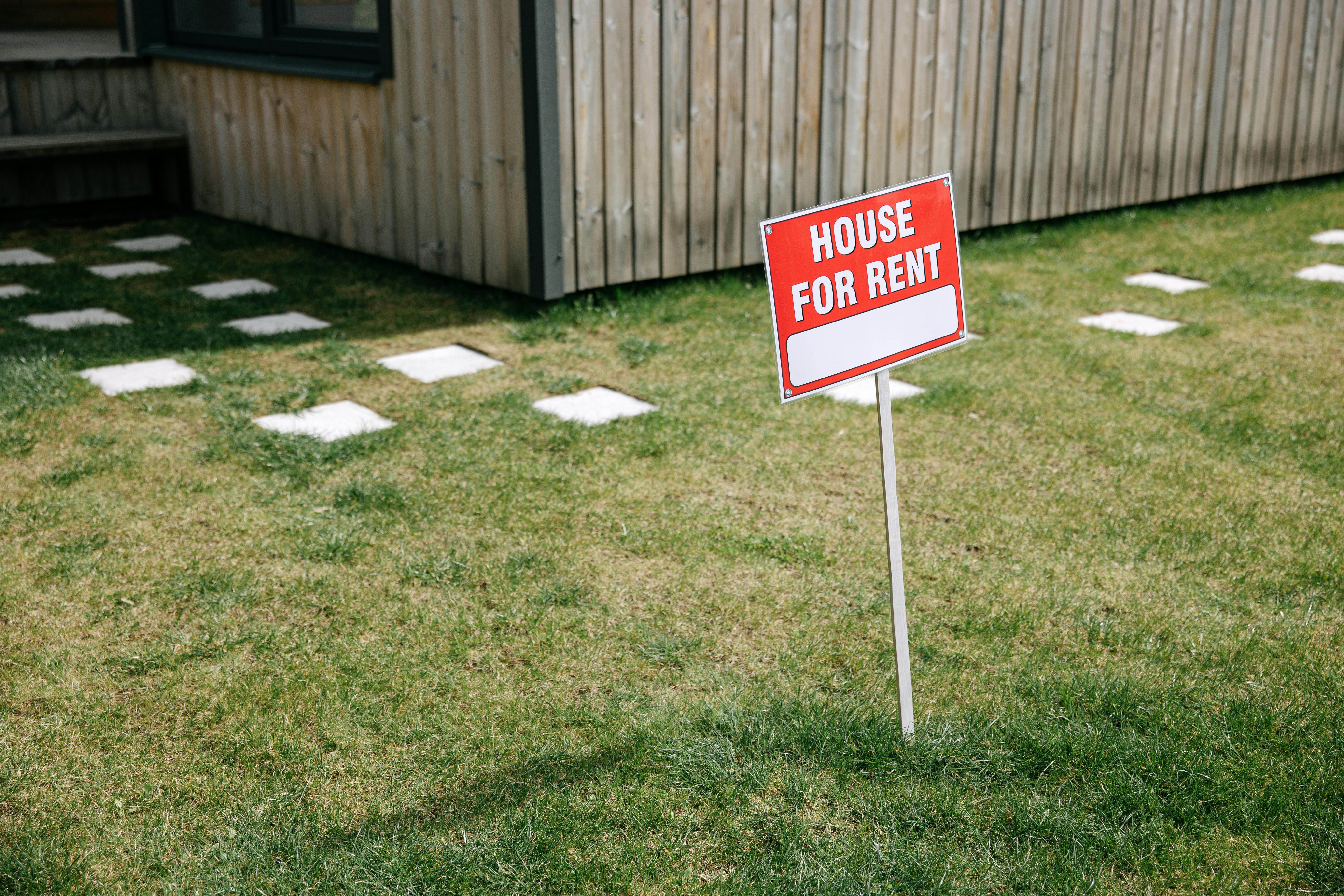Being a landlord in New Hampshire can be rewarding, especially with the state’s strong rental demand. But, as anyone who has rented out property here will tell you, it’s not just about collecting rent checks. To stay on the right side of the law and foster good tenant relationships, it’s crucial to understand New Hampshire’s landlord-tenant laws. Whether you’re a seasoned investor or just starting with your first rental, this guide will help you navigate the essentials.
Why a Strong Lease Agreement Matters
While New Hampshire doesn’t legally require written leases for rental agreements shorter than a year, having one is a smart move. A well-crafted lease serves as a roadmap for the rental relationship and minimizes misunderstandings.
What should it include?
- Rent amount and due dates
- Security deposit details
- Lease term (e.g., month-to-month or yearly)
- Rules about pets, smoking, or subletting
- Maintenance responsibilities
Without a written agreement, you’re leaving a lot up to interpretation—and that can lead to disputes.
Security Deposits: Get It Right
New Hampshire is strict about security deposits, and failing to follow the rules can be costly. Here’s the rundown:
- Limit: Security deposits can’t exceed one month’s rent.
- Return Window: After the tenant moves out, you have 30 days to return the deposit.
- Deductions: If you’re withholding money for damages or unpaid rent, you must provide an itemized list explaining the charges.
Pro tip: Always document the condition of the property before move-in and after move-out with photos or videos. This can save you headaches if a tenant disputes your deductions.
Your Responsibility to Keep the Property Habitable
In New Hampshire, landlords are required to maintain rental properties to certain standards. This includes ensuring:
- Functioning heating, plumbing, and electrical systems
- Safe structural conditions
- Clean water supply and proper ventilation
For landlords managing older properties, this can sometimes be a challenge. But skimping on repairs or upkeep isn’t an option—it’s both a legal obligation and a smart way to avoid tenant complaints or legal action.
Respecting Tenant Privacy
New Hampshire tenants have the right to privacy, and as a landlord, you need to respect that. If you need to enter the property for repairs or inspections:
- Provide Notice: Always give reasonable notice, ideally 24 hours.
- Be Reasonable: Aim to schedule visits during normal business hours unless it’s an emergency.
Maintaining open communication about access can go a long way in building trust with your tenants.
Navigating Evictions the Right Way
Evictions are a part of being a landlord, but they can’t be done on a whim. In New Hampshire, evictions must follow a legal process:
- Provide Notice: For nonpayment of rent, you must give a 7-day written notice. For lease violations, a 30-day notice is standard.
- Go Through the Courts: If the tenant doesn’t comply, you’ll need to file for eviction in court.
Whatever you do, avoid “self-help” tactics like changing locks or shutting off utilities—that’s illegal and could land you in hot water.
Fair Housing Laws: What You Need to Know
New Hampshire takes housing discrimination seriously. As a landlord, you can’t deny someone housing based on their race, religion, family status, disability, or other protected categories. For example, if a tenant with a disability requests a reasonable accommodation—like a ramp for wheelchair access—you’re required to comply.
Final Thoughts
Being a landlord in New Hampshire isn’t just about collecting rent; it’s about managing a business. Understanding the state’s landlord-tenant laws will help you avoid legal troubles and keep your tenants happy. And if you ever feel overwhelmed, don’t hesitate to consult a local attorney or property management service.
After all, investing in real estate is all about long-term success, and knowing the rules is the first step in making your property a thriving rental.
ARTICLES YOU MAY LIKE




